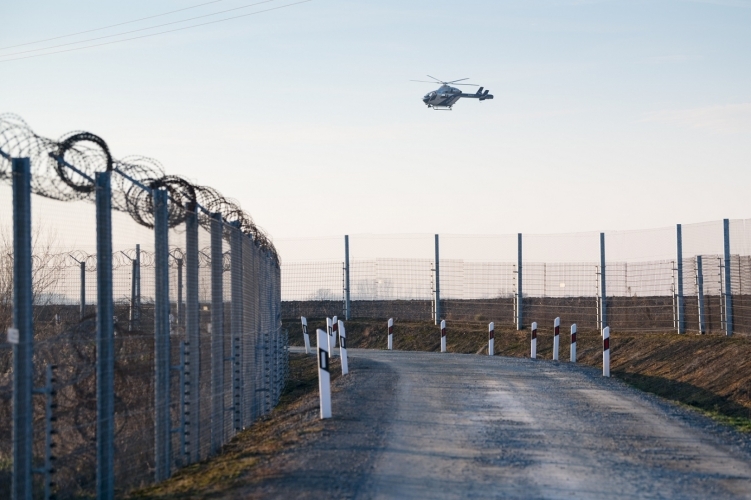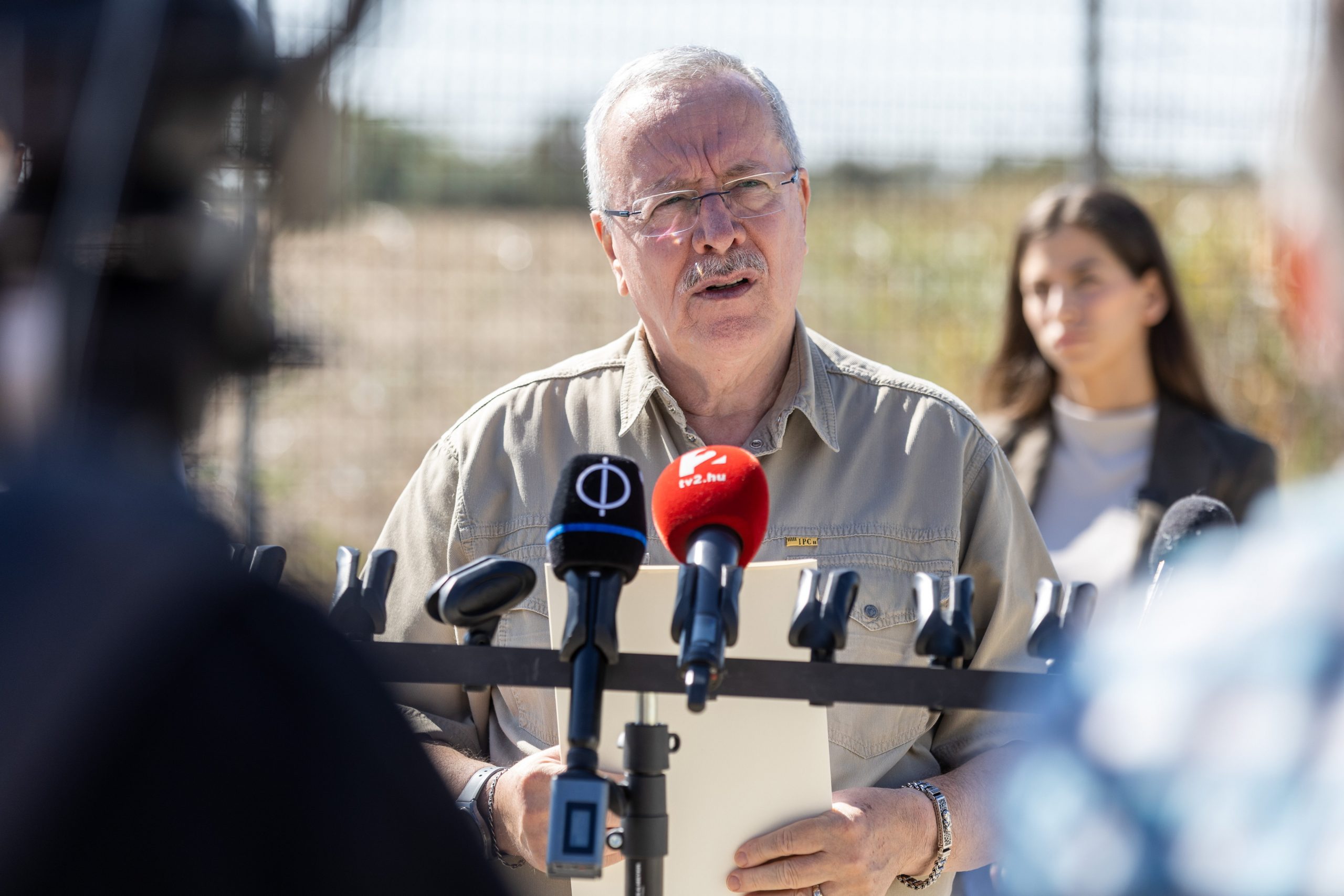
The referendum would have four questions, including one on the EU migrant distribution proposal.Continue reading

The 165-kilometer-long and four-meter-high fence on the Hungarian southern border has been in place for eight years, during which time the authorities have detained almost a million migrants, government spokeswoman Alexandra Szentkirályi said in Röszke, at the Serbian-Hungarian border, at the site of an earlier attack on patrols.
Alexandra Szentkirályi stated that Hungary was currently the most aggressive in protecting Europe’s borders from illegal migrants. In doing so, it was also fulfilling its obligation under the Schengen agreement to prevent illegal migration into the European Union.
Hungary has already spent 600 billion forints (EUR 1.5 billion) on border protection, but the European Union has so far reimbursed only 1.5 percent of this amount.
Meanwhile, the country also guards the EU’s borders when it is protecting its own borders, the government spokeswoman stressed. As she said, “migration is our silent war, where the burden of ensuring that Europe remains Europe is on our shoulders.”

Government spokeswoman Alexandra Szentkirályi. Photo: MTI/Rosta Tibor
Hungary has now been fighting illegal migration for just under a decade. This act should be recognized, supported, and respected, but instead it is constantly under attack, Szentkirályi pointed out.
In the words of the government spokeswoman: “while we are working, unfortunately Brussels is not idle either, trying to impose a mandatory migrant quota on us.”
Under the plan, if a Member State refuses to take in migrants, it would have to pay around 8 million forints (EUR 20,550) per migrant.
However, Hungary will not give in to this pressure, it will not accept the mandatory quota and migrant camps, and it will fight against it with all means at its disposal, she emphasized.
György Bakondi, the prime minister’s chief advisor on internal security, recalled that gangs of human smugglers are becoming increasingly organized, while groups of 100 or 200 members are trying to cross the border illegally, or attempting to do so at 19 locations at the same time. Border crossers and smugglers are also becoming increasingly violent, with constant attacks on fences, vehicles, electronic detection equipment, and patrols. Seven officers have already been injured this year.

György Bakondi, the prime minister’s chief advisor on internal security. Photo: MTI/Rosta Tibor
There has not been an attack on the population on the Vojvodina (Serbia) side of the border since 2015. However, recently, there have been two or three such incidents, with a hand grenade thrown at a private house and a knife attack on people sitting at a terrace, pointed out Bakondi.
Meanwhile, the number of border crossers has been steadily increasing, with the Hungarian authorities taking action against 27,600 migrants in the first quarter of this year, 36,490 in the second, and 43,300 in the third.
Most of the migrants are Syrian, Afghan, Turkish, and Pakistani nationals. Among them, Turkish citizens enter Serbia legally and then try to enter the EU illegally.
Via MTI, Featured photo via police.hu